Bush: Russian reforms derailed
US President George Bush delivered a two-pronged message to Russian President Vladimir Putin on Tuesday.
Wednesday, 06.06.2007.
13:03

Bush: Russian reforms derailed
On the first day of his eight-day tour through Europe, Bush wasted little time in prodding Putin to cooperate with the United States on a proposed network of radar and missile defenses in Poland and here in the Czech Republic. But he also risked provoking the Russian leader, who is already up in arms over the missile defense plan, by taking Putin to task over human rights."My message will be, Vladimir—I call him Vladimir—that you shouldn't fear a missile defense system," Bush said during a morning appearance with leaders of the Czech Republic at Prague Castle, on a hill overlooking the capital city.
"As a matter of fact, why don't you cooperate with us on a missile defense system? Why don't you participate with the United States?"
The human rights criticism came just hours later, as Bush addressed a group of dissidents and democratic activists from 17 countries who had gathered for a conference on democracy in Czernin Palace, in the very room where the Soviet-led Warsaw Pact was dissolved. Among the session's co-chairs was Natan Sharansky, the former Soviet dissident.
It was a backdrop laden with symbolism for Bush's carefully calibrated remark about modern Russia, squeezed into a speech in which the president criticized human rights abuses around the globe, from Burma to North Korea to Sudan.
After a discourse on freedom as "a moral imperative," he expressed concern about the state of democratic reforms in China and Russia, linking them as countries whose relationships with the United States, he said, are strong but complex.
"China's leaders believe that they can continue to open the nation's economy without opening its political system," Bush said. "We disagree."
"In Russia, reforms that were once promised to empower citizens have been derailed, with troubling implications for democratic development," he added.
The back-to-back speeches were orchestrated by the White House to send a measured, but firm message to Putin at a time when U.S.-Russian relations are at their lowest point in decades.
Russia accounted for just one explicit mention in Bush's democracy speech, but with tensions between Moscow and Washington running high, it could be enough to arouse Putin's anger.
The immediate response from Moscow was muted. A spokesman for Putin, Dmitri Peskov, said in a telephone interview that the Russian president "has always appreciated the openness of President Bush," but added, "Of course, he cannot agree with some of the things that were said."
The two leaders are to meet Thursday in the German resort town of Heiligendamm, at the summit of the Group of Eight industrialized nations, where they will confront disagreements over Iran's nuclear ambitions and Kosovo, as well as human rights and missile defense.
Bush has also invited Putin to the Bush family compound in Maine early next month, in what American officials hope will be a more relaxed setting where the two can try to mend fences.
But the Kennebunkport invitation drew criticism Tuesday from one prominent attendee of the conference: Garry Kasparov, the one-time chess champion who is now an opposition leader in Moscow and staunch critic of Putin.
"If Bush hopes to gain anything by having private discussions with Putin, he's wrong," Kasparov told reporters shortly before the president spoke, adding that "Putin thrives in an atmosphere of secrecy. He's a KGB spy. Anything behind closed doors gives him an advantage."
Kasparov said he wished Bush would echo the much sharper criticism of Russia put forth by David Kramer, assistant secretary of state for European and Asian affairs, who delivered a blistering assessment of the Kremlin's human rights record in a speech last week in Baltimore.
"These are the things that must be pronounced by George W. Bush," Kasparov said.
But the White House has said it wanted to tamp down the rhetoric between the two nations.
Putin has been jabbing at the United States for weeks, most recently on Monday, when the Kremlin published an interview in which the Russian leader warned he would have no choice but to point its own missiles at Europe if the United States follows through with Bush's missile defense proposal.
The remarks instantly evoked memories of the Cold War, and Putin did little to discourage that comparison, saying, "We are, of course, returning to those times."
But Bush, standing Tuesday alongside President Vaclav Klaus and Prime Minister Mirek Topolanek of the Czech Republic, pointedly dismissed any talk of a return to that era.
"The Cold War is over," the president said. "It ended. The people of the Czech Republic don't have to choose between being a friend of the United States and a friend of Russia. You can be both."
The Czech leaders both expressed support for the missile defense plan, and a vote is expected in the Czech Parliament later this year.
But public opinion polls show the Czech people have grave concerns about the plan, and there have been scattered protests here since Bush's arrival Monday night.
The president was to leave Prague Tuesday evening for Heiligendamm. On Friday, after the summit, he will take a side trip to Poland, a move that will effectively bookend the Bush-Putin meeting with presidential trips to both nations that figure in Bush's missile defense plan.






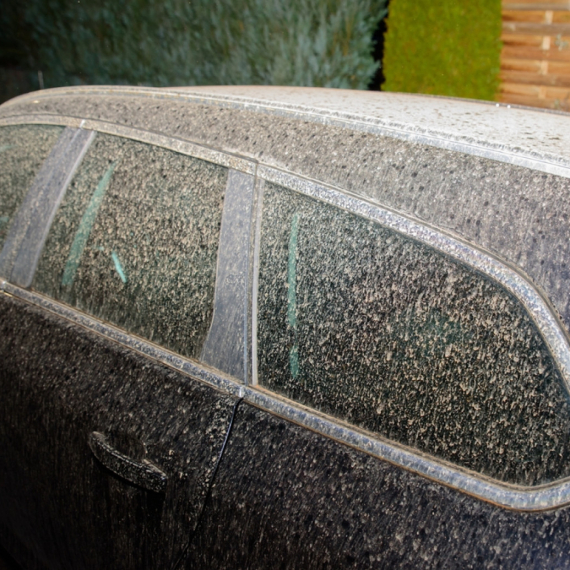



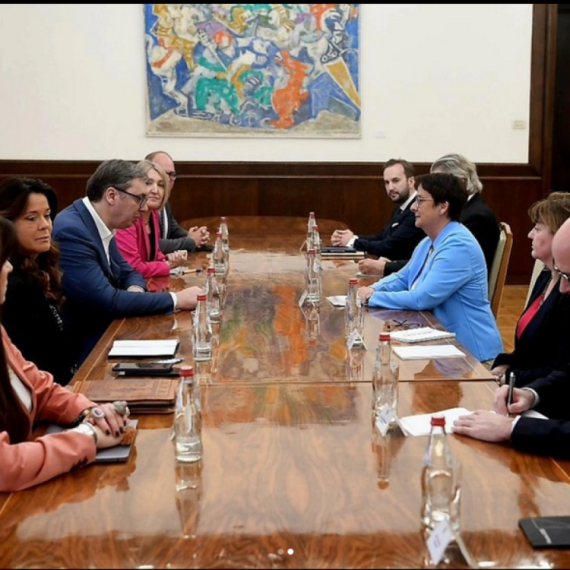
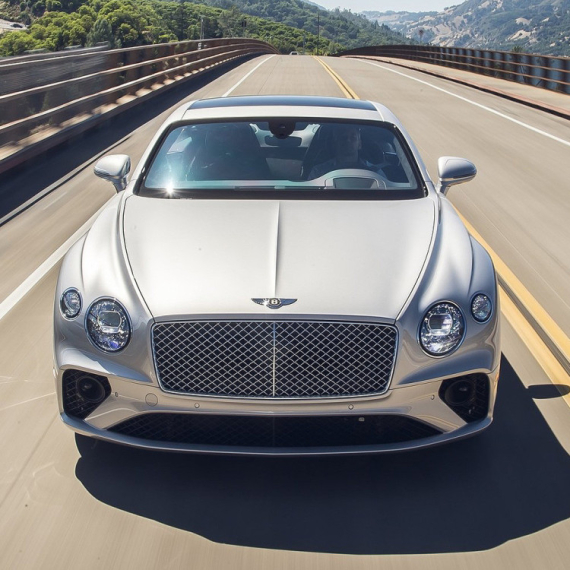

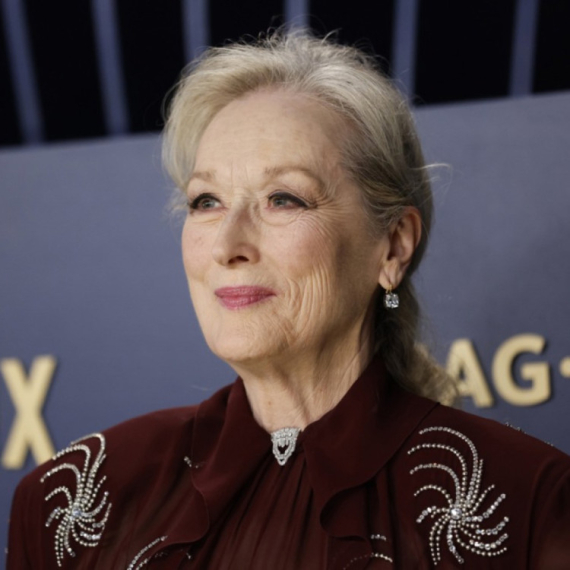
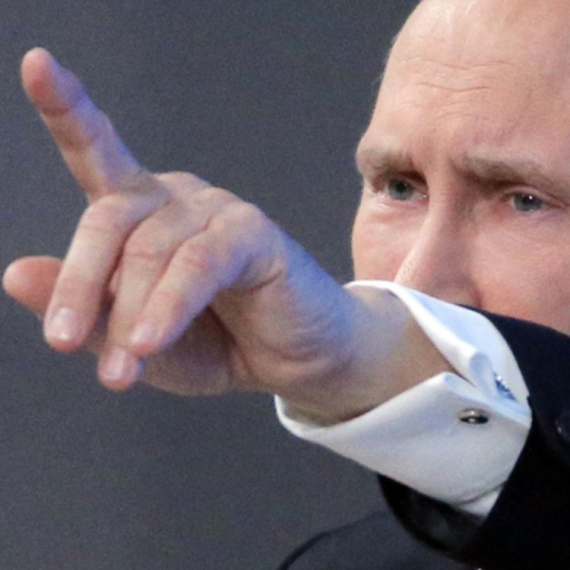







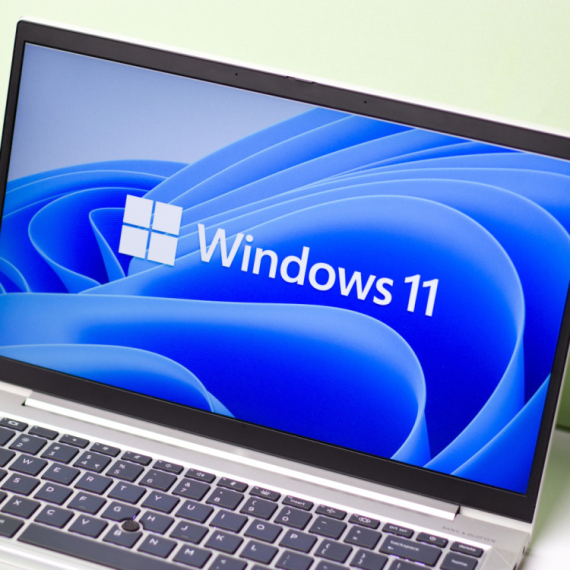
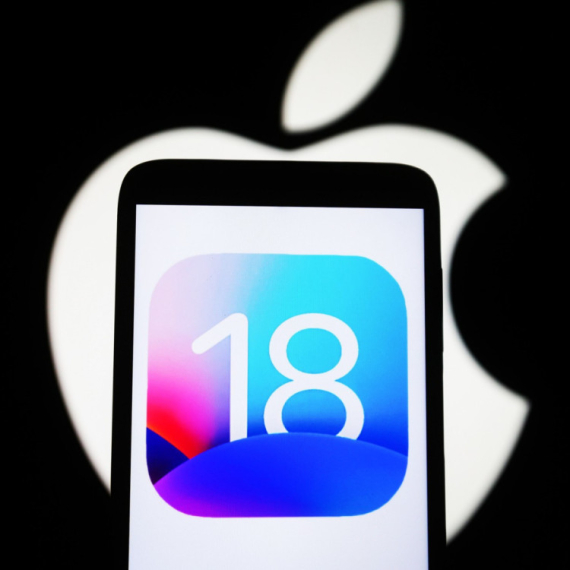

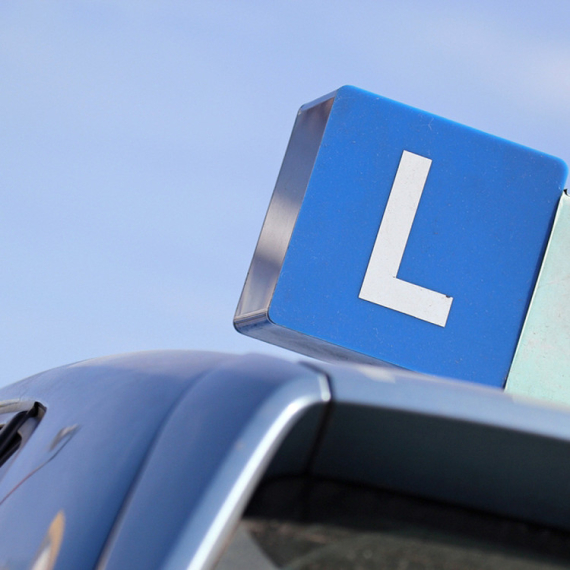




Komentari 6
Pogledaj komentare